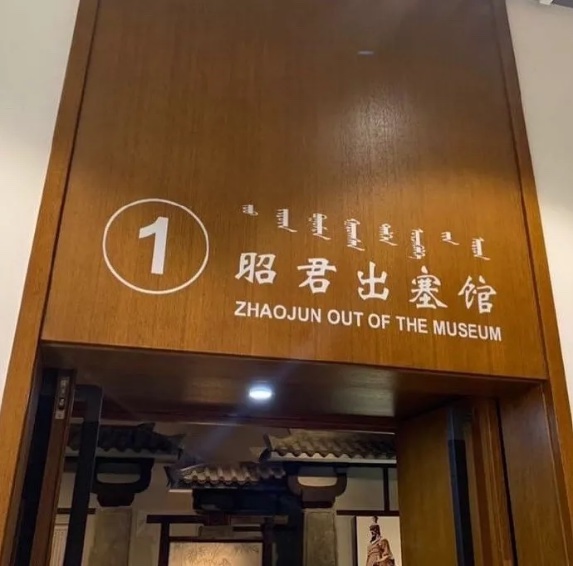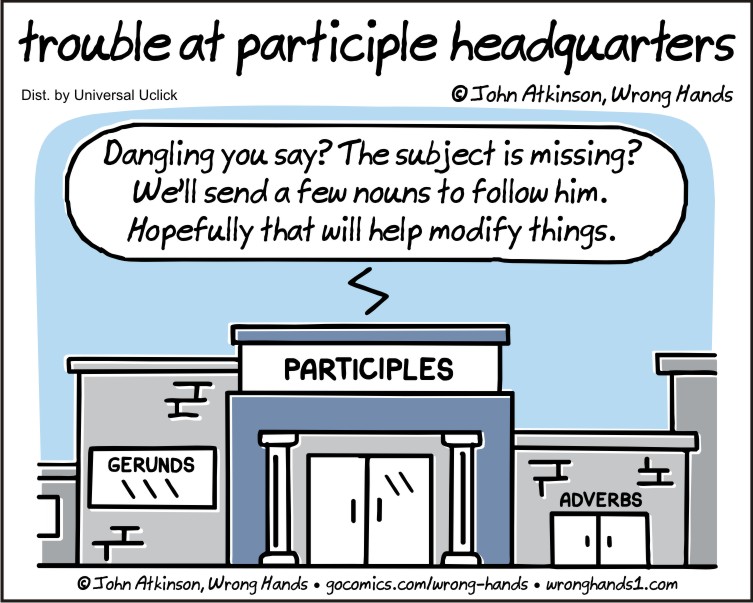Mary Divine, "Plowy McPlowFace plows through the competition to win snowplow naming contest", Pioneer Press 3/2/2021:
After all the votes were tallied, it wasn’t even close. Plowy McPlowFace won the Minnesota Department of Transportation’s inaugural “Name a Snowplow” contest with 65,292 votes. The next-closest vote-getter was Ope, Just Gonna Plow Right Past Ya, which garnered 29,457 votes.
[For those who don't know ope, Wiktionary glosses it as "(Midwest) an exclamation of surprise; oops", and Tod Van Luling discussed it at length a couple of years ago in the Huffington Post.]
Plowy McPlowFace will soon be plowing streets in the Metro District; Ope, Just Gonna Plow Right Past Ya will make its home in District 4 in west-central Minnesota.
The other winning names, in order of vote totals, and their future homes are: Duck Duck Orange Truck in District 1 (northeastern Minnesota); Plow Bunyan in District 2 (northwestern Minnesota); Snowbi Wan Kenobi in District 6 (southeastern Minnesota); F. Salt Fitzgerald in District 7 (south-central Minnesota); Darth Blader in District 3 (central Minnesota); and The Truck Formerly Known As Plow in District 8 (southwestern Minnesota).
MnDOT officials invited people in mid-December to submit possible names for snowplows. Among the submissions were a number of Minnesota-themed names, including Joe Plow-er, Justin More-snow, Kent Brrr-bek, Raspberry Brrr-et and Purple Snow.
One of the most popular suggestions was the phrase “Abolish ICE,” according to an analysis by the Minnesota Reformer, an independent news website, which obtained the almost 23,000 entries in a public-records request. The name, a play on the rallying cry of critics of the federal Immigration and Customs Enforcement agency, ranked No. 2 among the entries, the Reformer determined.
But MnDOT officials excluded it from its list of 50 finalists.
Read the rest of this entry »



